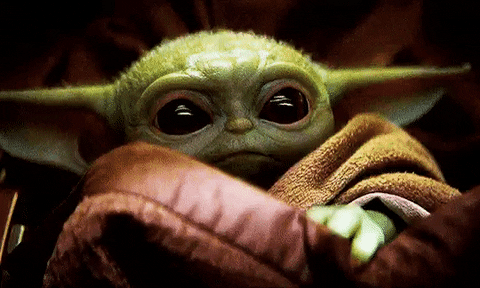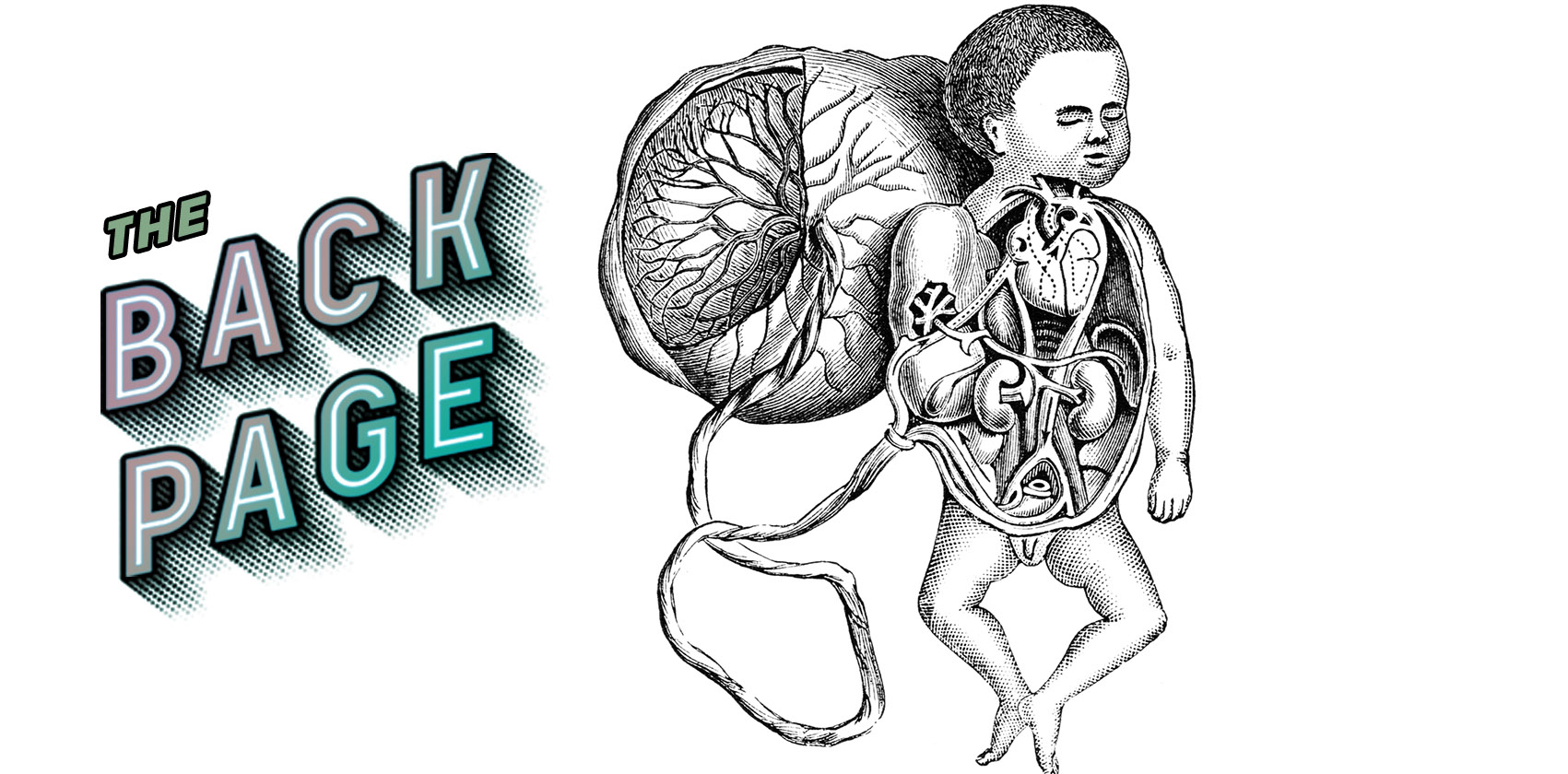The fetal life support system is stuffed with genetic errors, scientists find.
Human placenta accrues so many genetic mutations as it grows that it resembles childhood cancer, according to a study in Nature.
Researchers from the Wellcome Sanger Institute and the University of Cambridge tracked the “genomic architecture” of placenta by conducting whole genome sequencing of 86 biopsies and 106 microdissections from 42 placentas.
Each sample was taken from a different area of the fetal life support system, allowing the researchers to examine the diversity of genetic mutations in the tissue.
The researchers discovered that the placenta was growing in a similar way to a tumour – with each section of the placenta arising from a genetically distinct clonal expansion.
The genetic landscape of the placenta was “akin to that of childhood cancer in terms of mutation burden and mutational imprints,” the researchers said.
In one “notable” example, the number of chromosome copies actually differed across the placenta; one part of the placenta had a trisomy of chromosome 10, while the other section had a disomy of chromosome 10. Wild.
“Our study confirms for the first time that the placenta is organised differently to every other human organ, and in fact resembles a patchwork of tumors,” said Professor Steve Charnock-Jones, a senior author of the study from the University of Cambridge.
“It was fascinating to observe how such a serious genetic flaw as a chromosomal copy number error was ironed out by the baby but not by the placenta,” said Professor Gordon Smith, another study author from the University of Cambridge.

If you see something weird, say something weird… This blog is also genetically flawed. Please send extra chromosomes to felicity@medicalrepublic.com.au
[newsletter]


